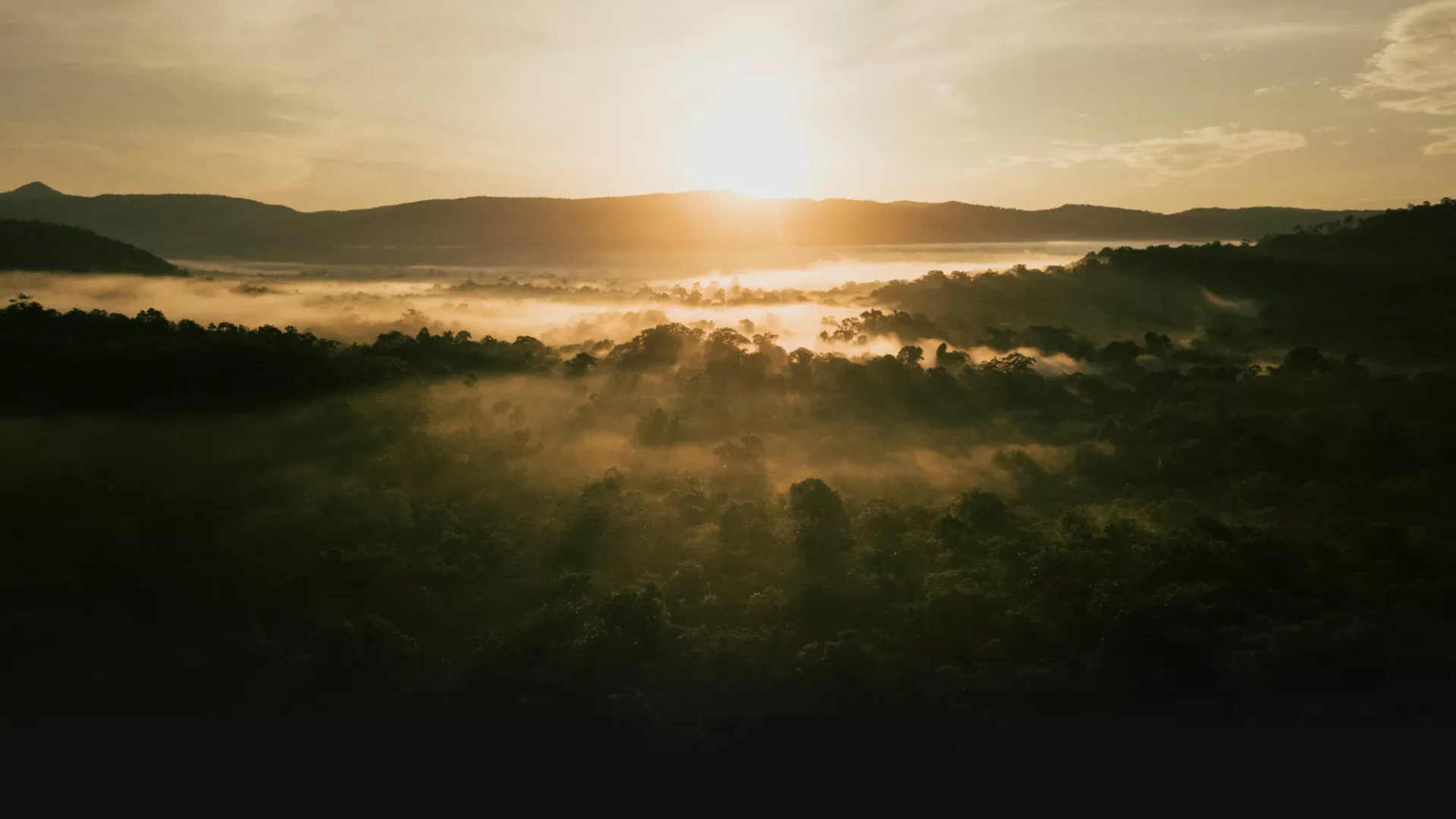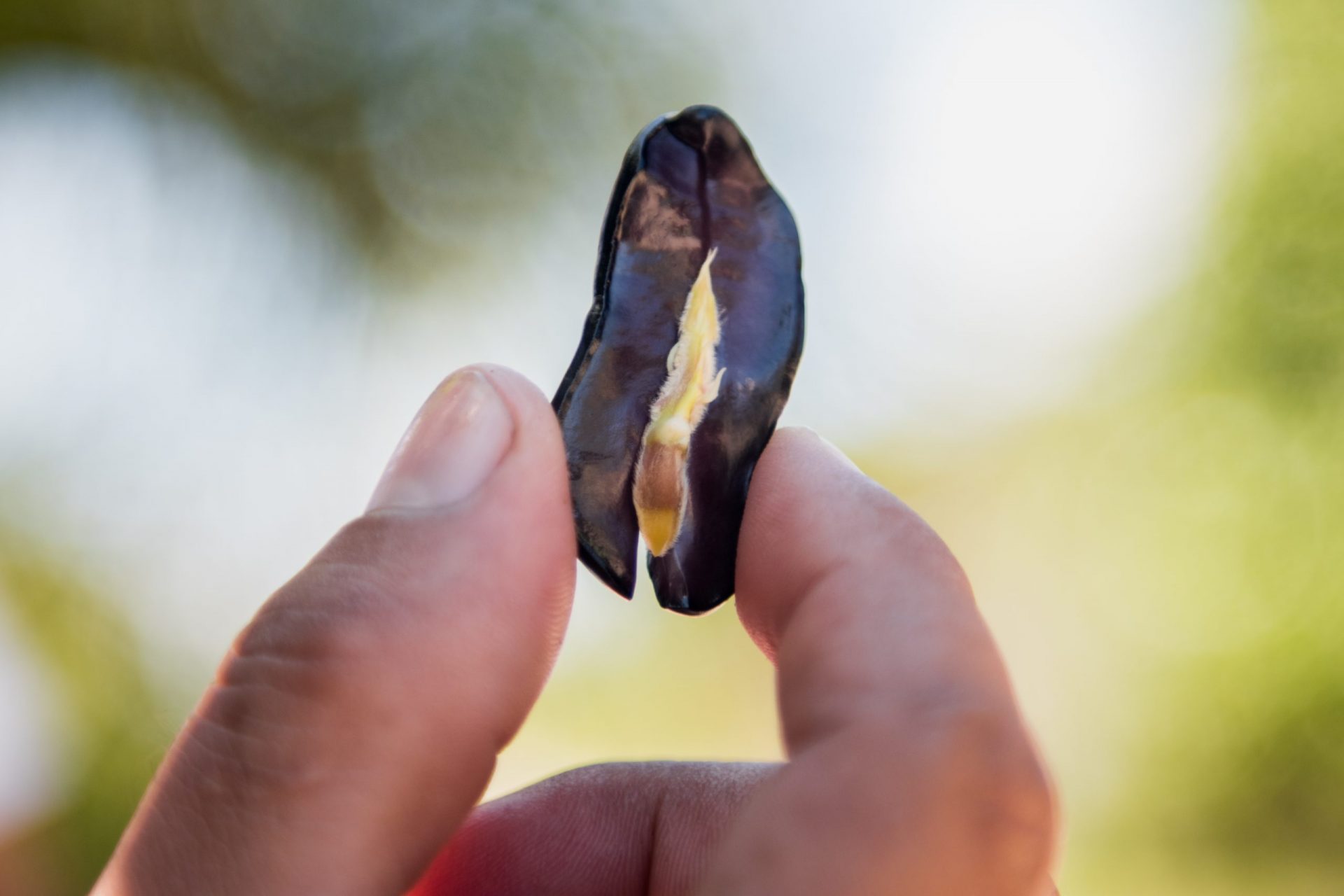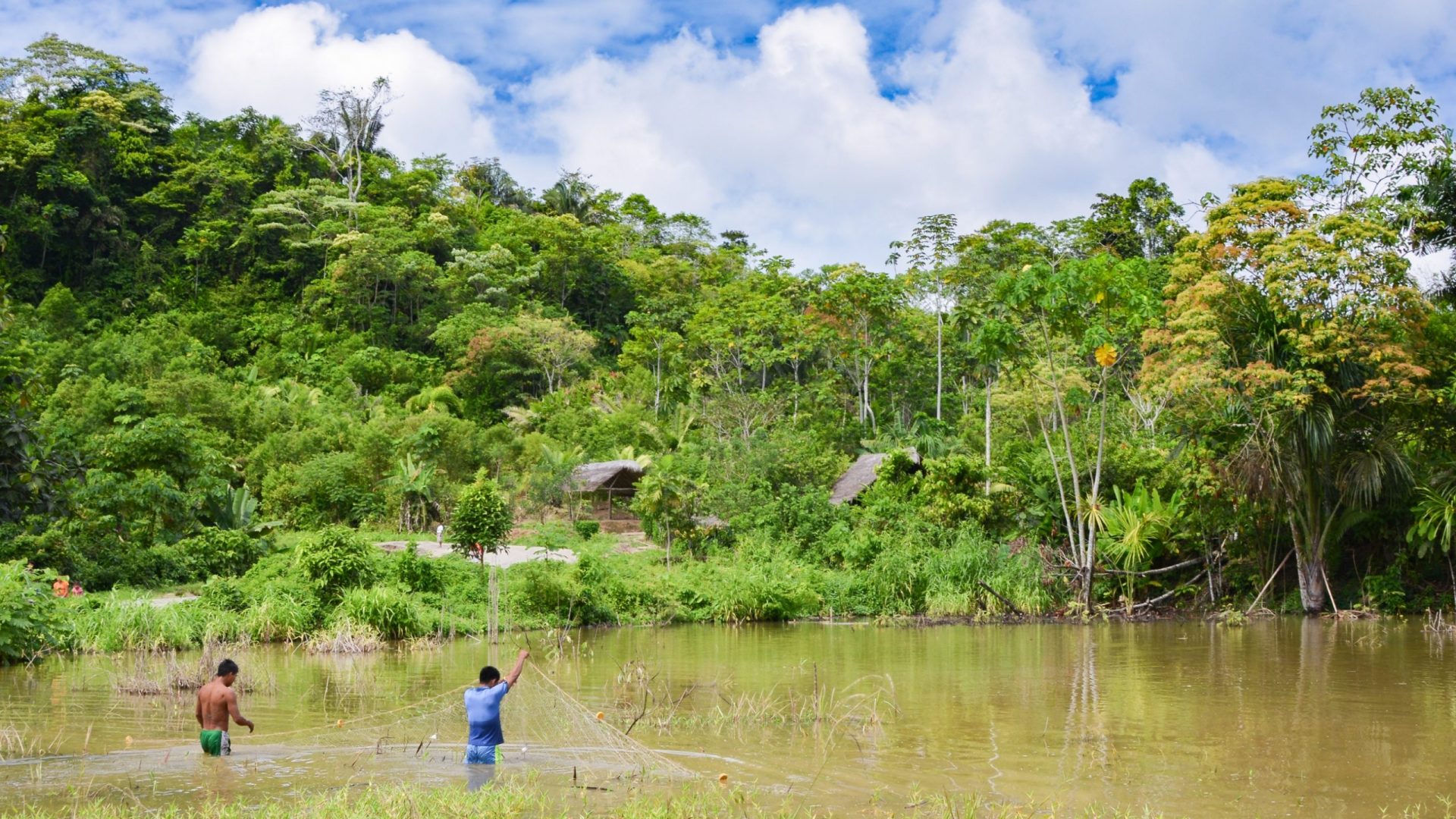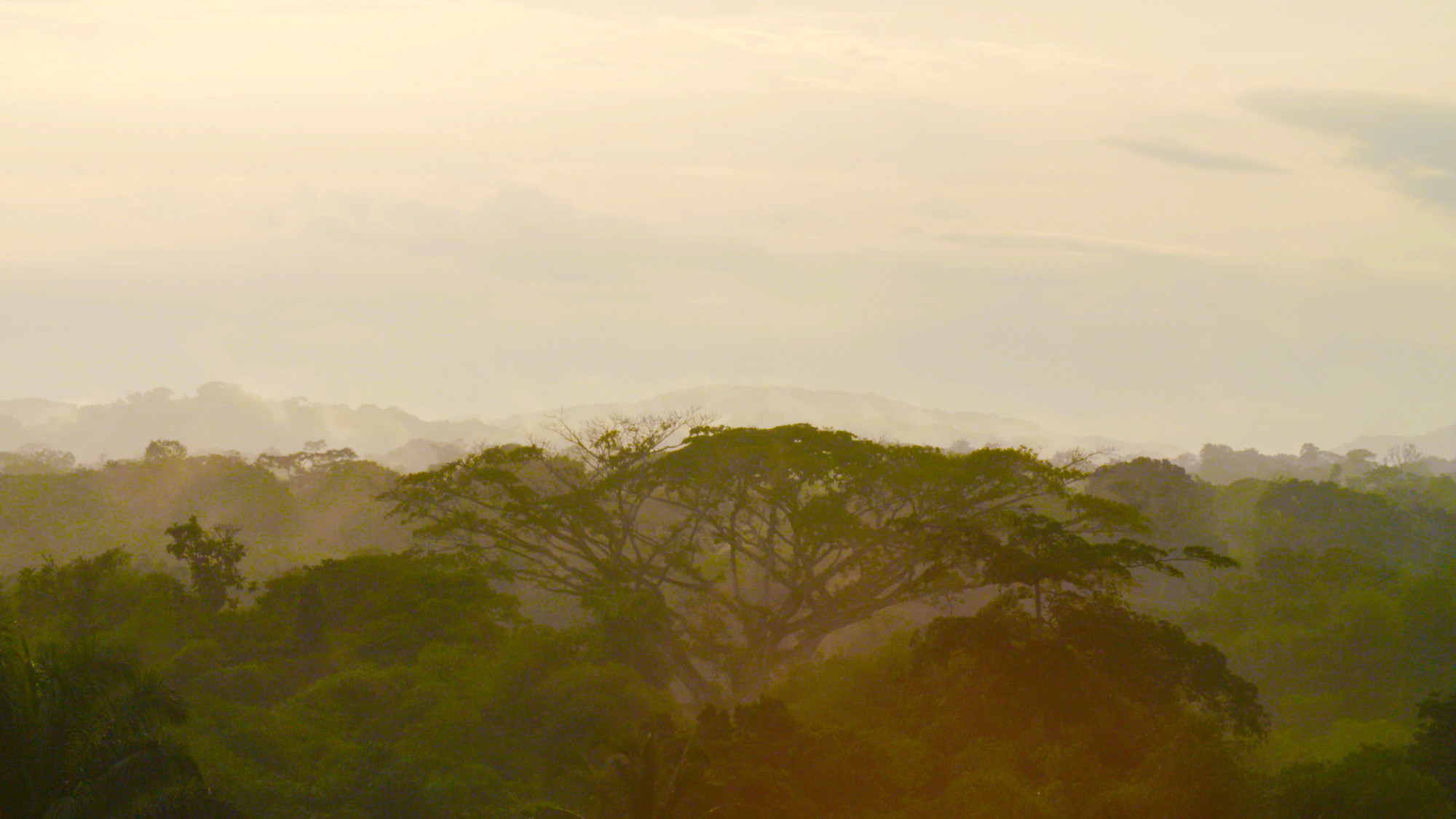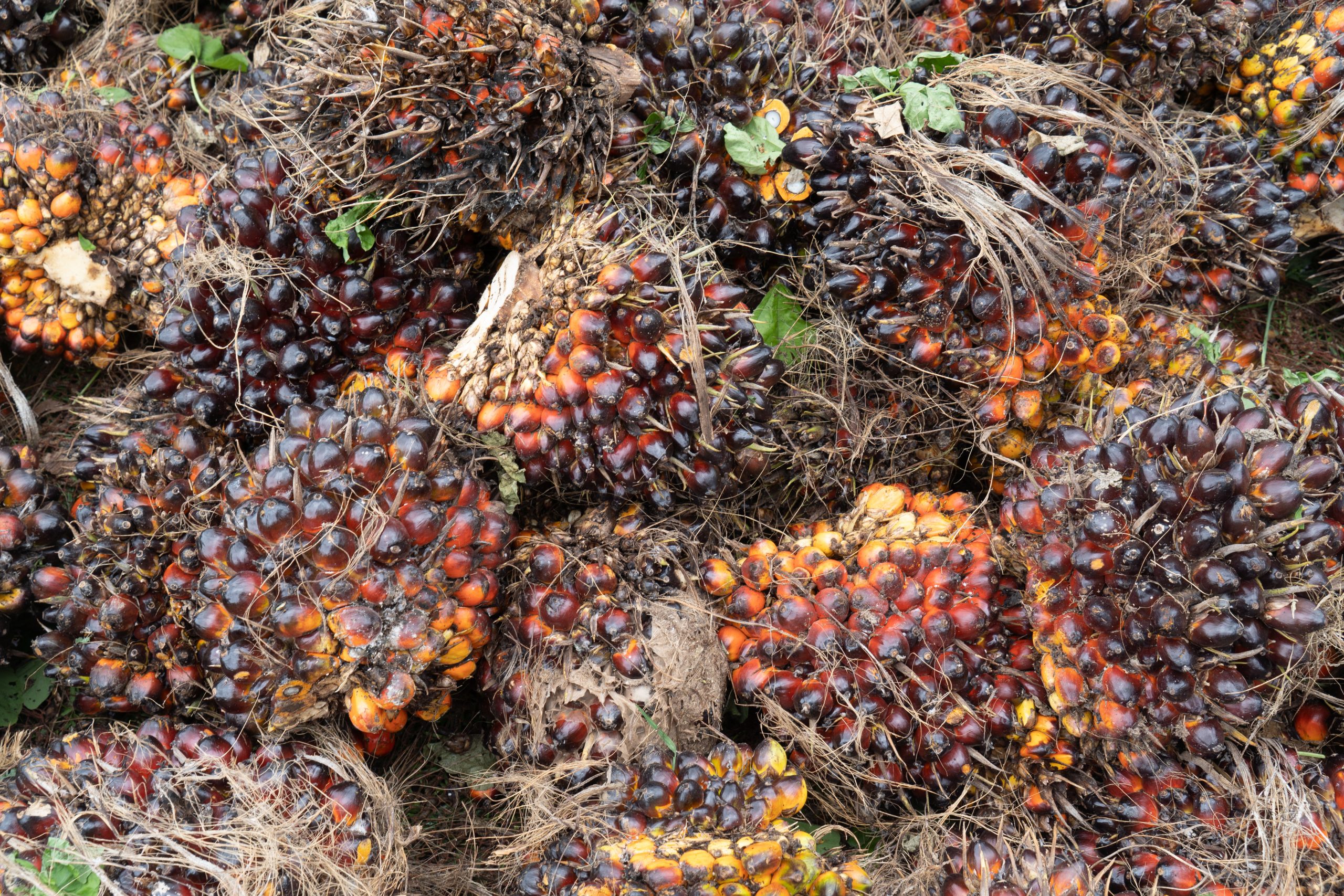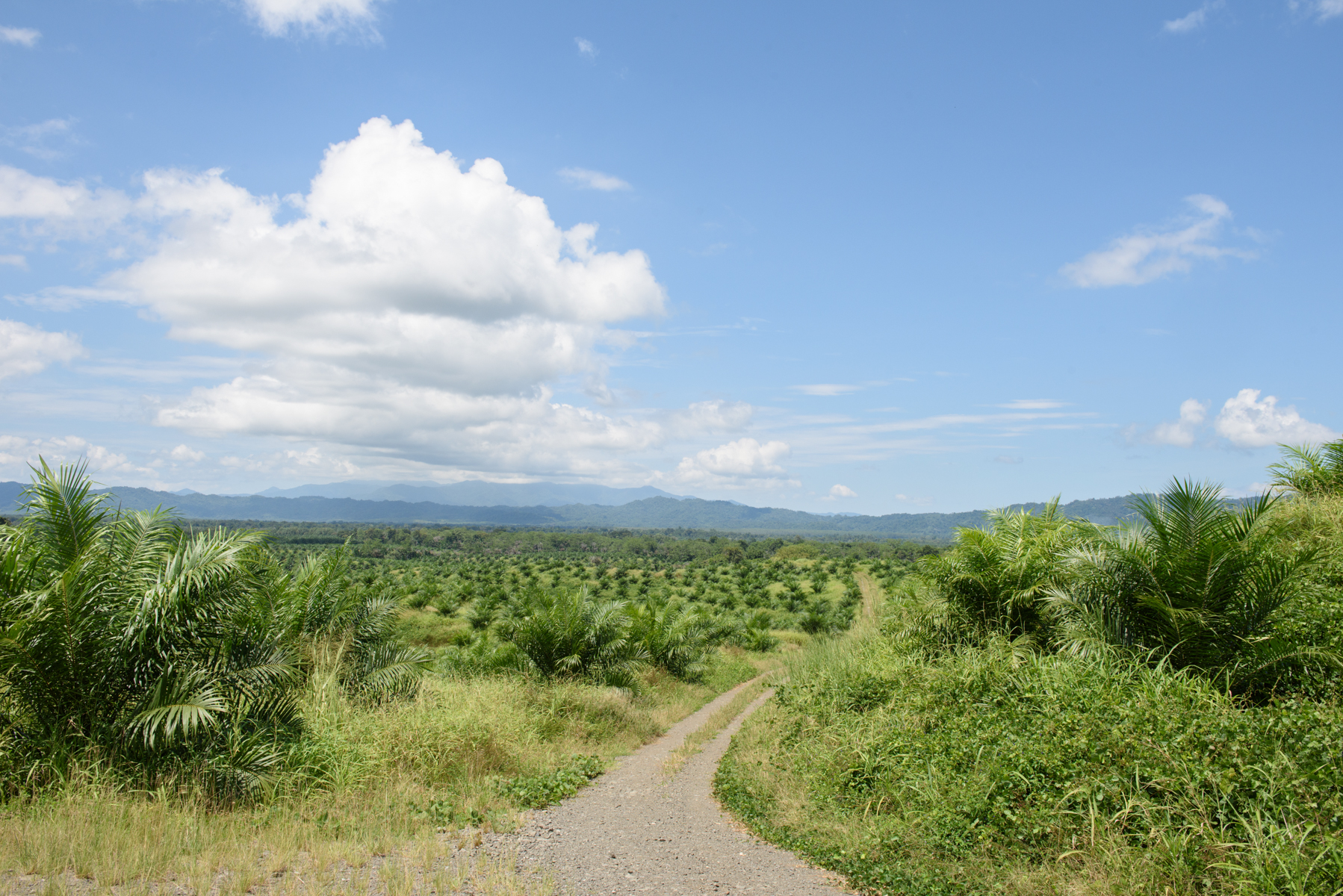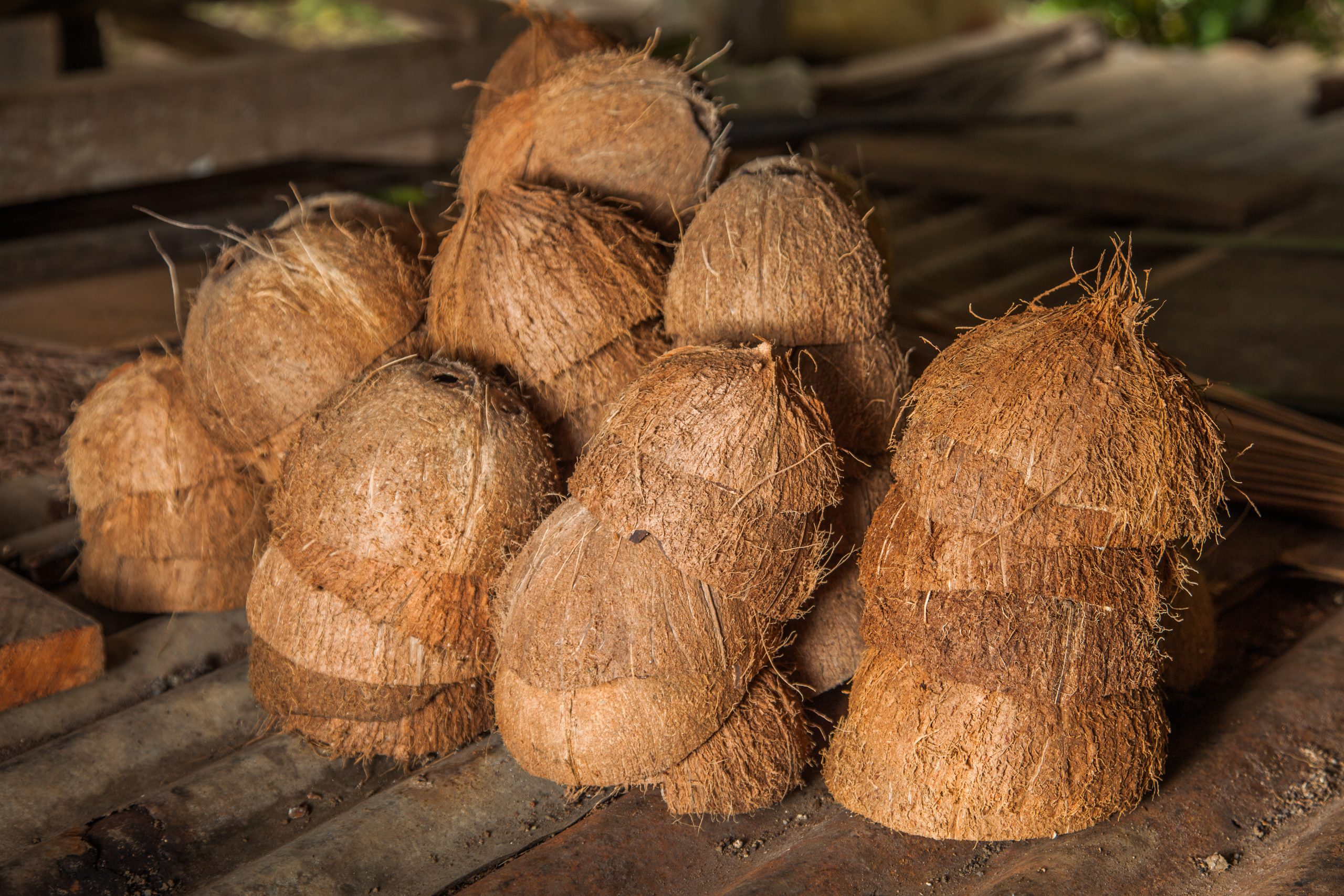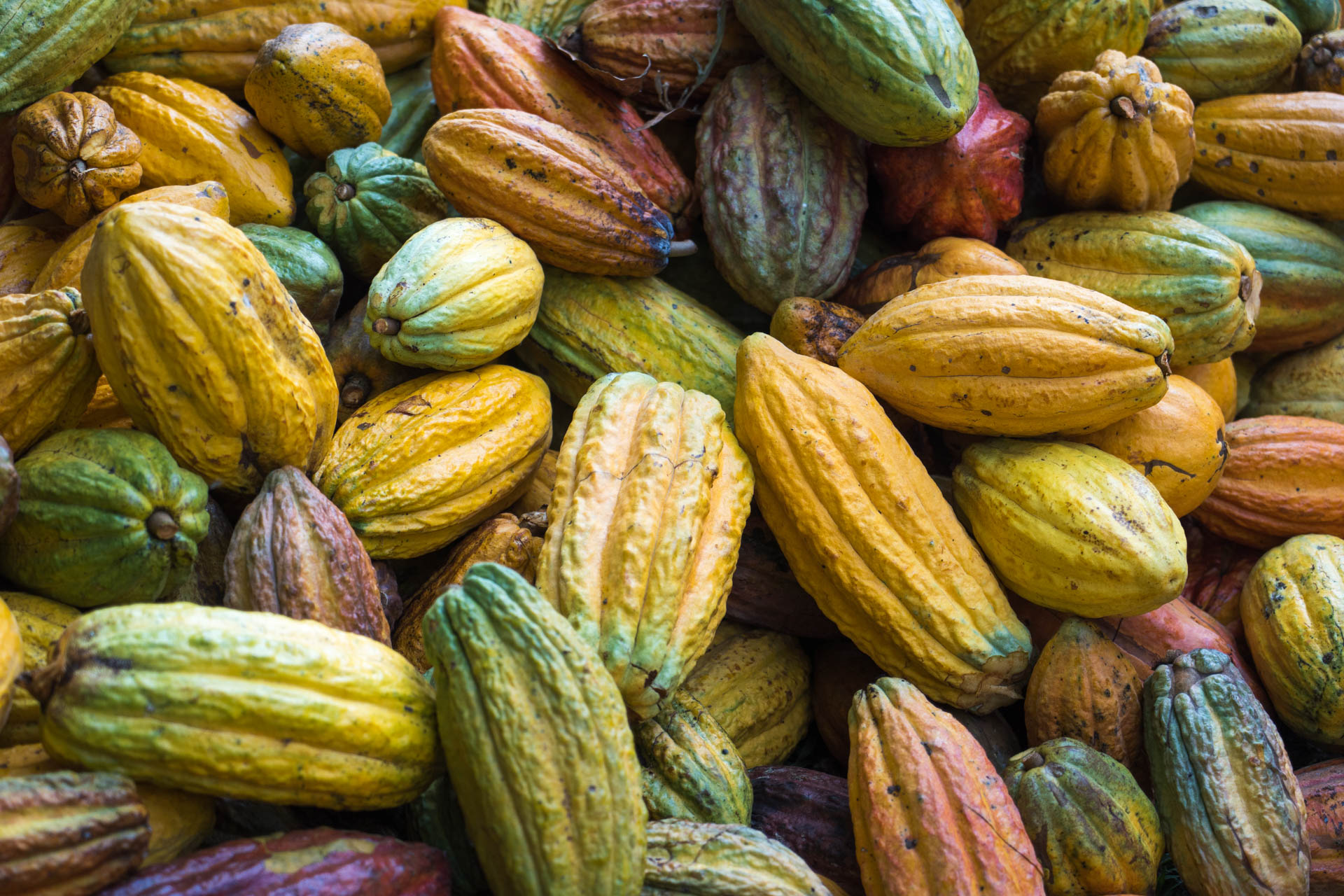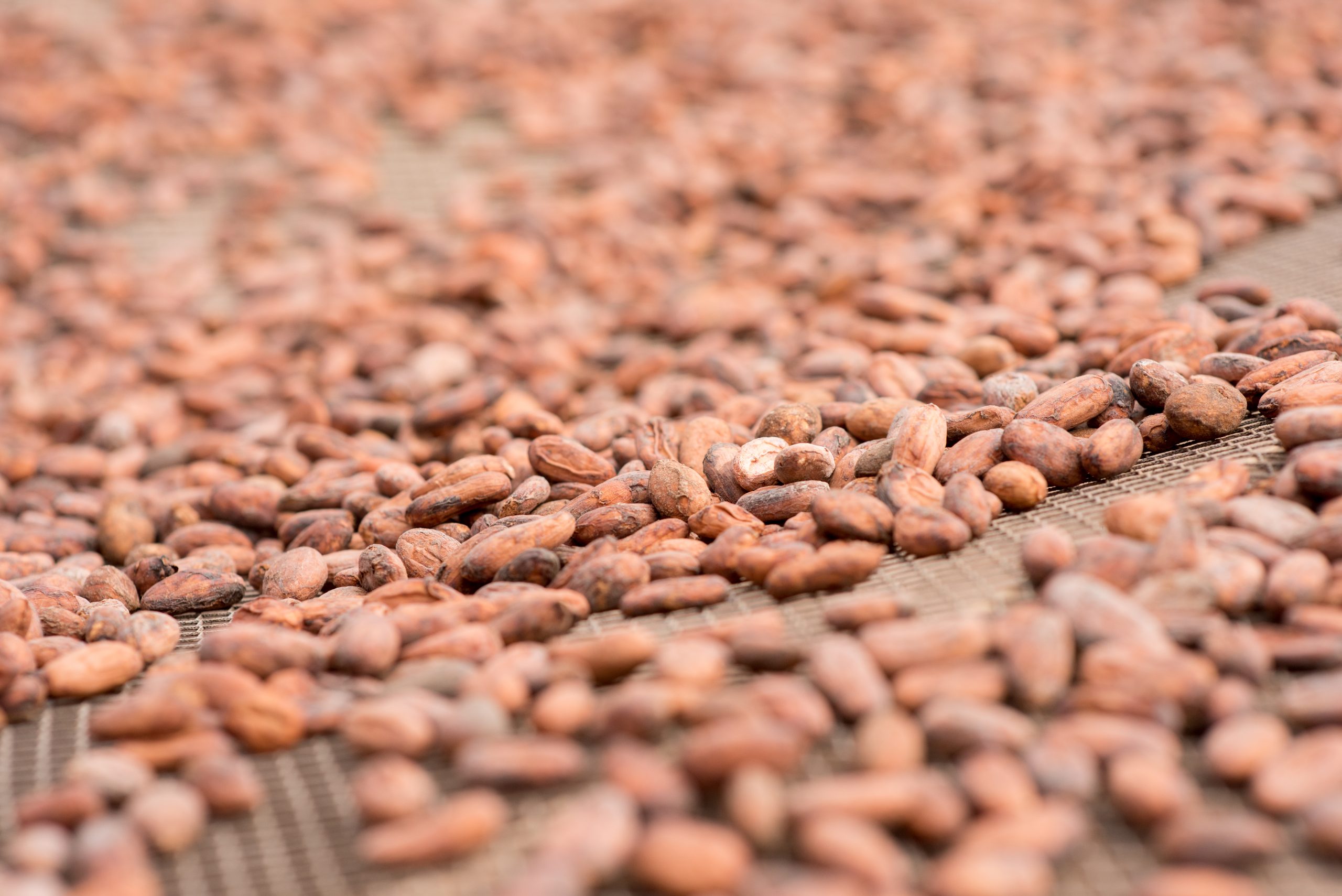

A chocolate factory in the rainforest
When people living in the rainforest have cash, they have a choice. And for the Awajún, this enabled them to build a chocolate factory in the middle of the rainforest. For anyone in the chocolate making biz, transforming raw…

